Space Law And The Rights To Asteroid Resources

Introduction
Asteroid mining has emerged as a potentially lucrative endeavor in recent years, with the possibility of extracting valuable resources from these celestial bodies. However, questions regarding space law and the rights to asteroid resources have arisen. This article explores the legal framework surrounding asteroid mining and the ownership of asteroid resources.
International Space Law
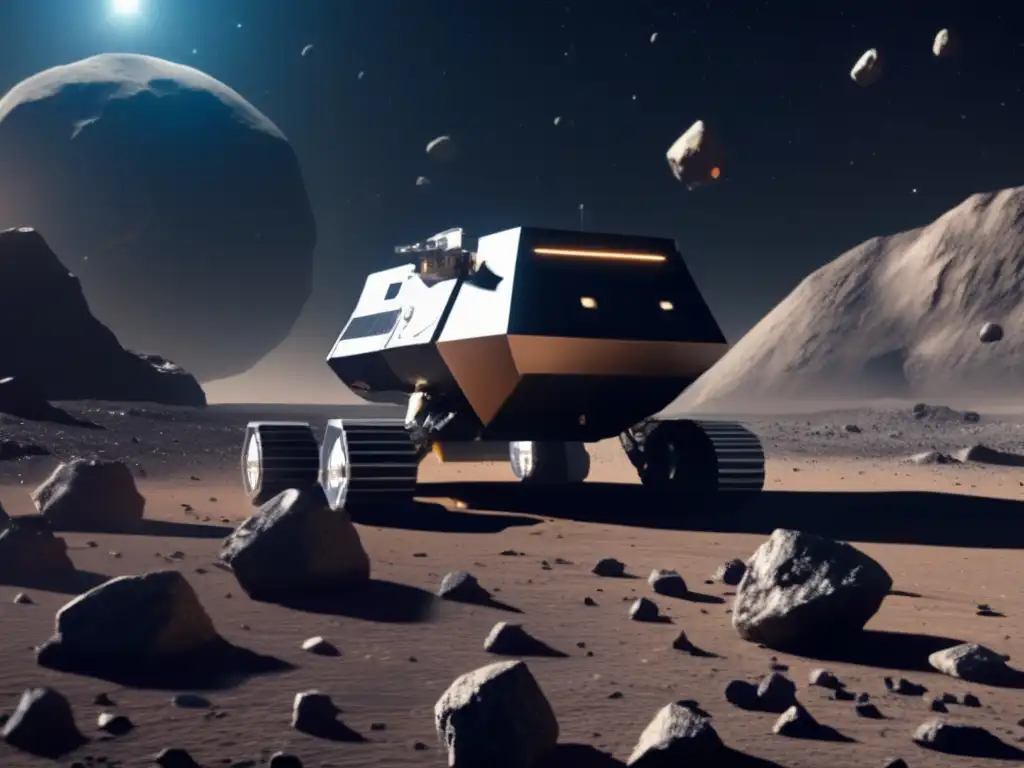
Outer Space Treaty
The Outer Space Treaty, signed in 1967, serves as the foundation of international space law. It prohibits any nation from claiming sovereignty over outer space or celestial bodies, including asteroids. Therefore, no country can claim exclusive ownership of an asteroid or its resources.
Moon Agreement
The Moon Agreement, adopted in 1979, extends the principles of the Outer Space Treaty to the Moon and other celestial bodies beyond Earth. It establishes that the exploration and use of these bodies should be carried out for the benefit of all countries and mankind as a whole.
Space Resource Exploration and Utilization Act
In 2015, the United States passed the Space Resource Exploration and Utilization Act, which asserts that US citizens and companies can engage in commercial asteroid mining activities. However, this legislation does not grant ownership rights to the extracted resources. It only permits the utilization and commercial exploitation of those resources.
Commercial Space Companies and Space Law
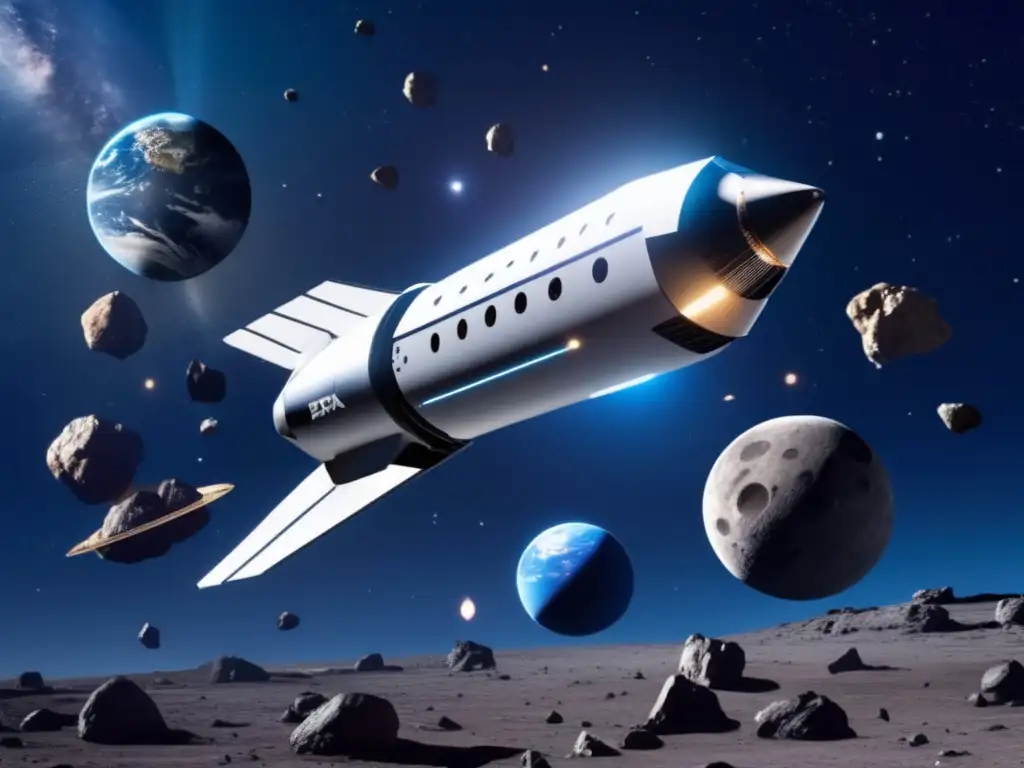
Private Ownership of Extracted Resources
While international space law prohibits states from claiming ownership of asteroid resources, the legal status of private companies extracting resources remains uncertain. Some argue that under the "Finders Keepers" principle, companies that extract resources from asteroids could claim ownership. Others believe that resources should be shared for the benefit of all nations under an international regime.
Contracts and International Cooperation
Commercial space companies involved in asteroid mining often enter into contracts with governments or international space organizations. These contracts outline the responsibilities, rights, and obligations of the parties involved. Cooperation among countries and commercial entities can help address legal challenges and ensure the sustainable and equitable use of asteroid resources.
Liability and Environmental Protection
Space law also addresses liability and environmental protection concerns related to asteroid mining. Companies must take measures to prevent damage to other celestial bodies and minimize the risk of collisions or contamination. Liability regimes may come into play in the event of accidents or damages caused by asteroid mining activities.
Legal Issues and Future Considerations
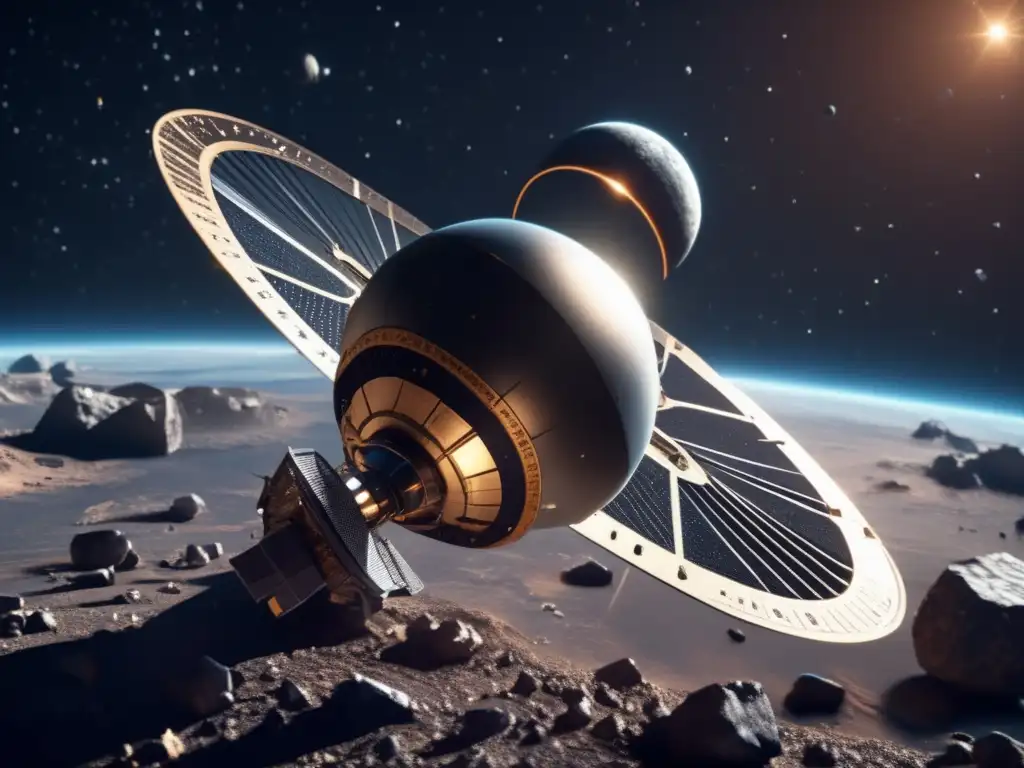
International Cooperation and Governance
The future development and regulation of asteroid mining will require international cooperation and governance. Discussions on creating an international framework for governing asteroid resources are underway, focusing on issues such as resource allocation, property rights, and environmental protection.
Evolution of Space Law
As technology advances and commercial interest in asteroid mining grows, space law will continue to evolve. International agreements and treaties may be revisited and updated to address the unique challenges posed by asteroid mining activities.
Ethical Considerations
Alongside legal considerations, ethical questions surrounding asteroid mining also arise. Debates about equitable resource distribution, potential environmental impacts, and the preservation of celestial bodies for scientific exploration are ongoing within the global community.
Frequently Asked Questions
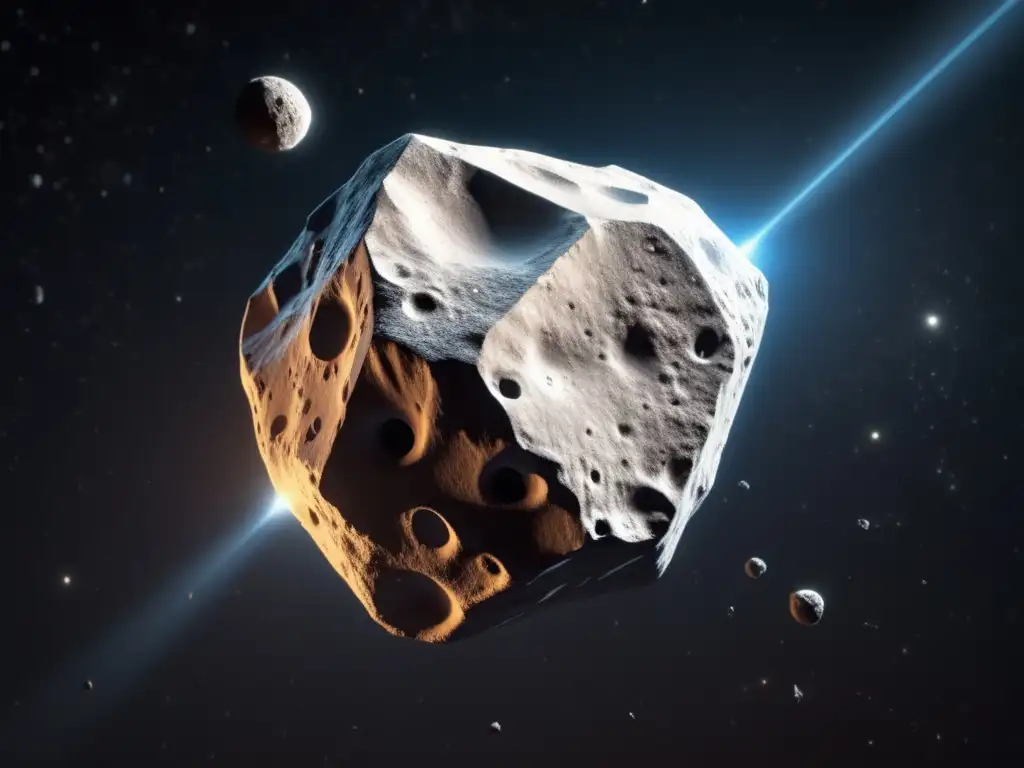
-
Can a company claim ownership of the resources extracted from an asteroid?
No, international space law prohibits exclusive ownership of asteroid resources. However, some legal gray areas exist, and future developments may clarify this issue.
-
Are there any liability concerns related to asteroid mining?
Yes, companies engaged in asteroid mining activities have a responsibility to prevent damages and minimize the risk of accidents. Liability regimes may apply in case of accidents or damages caused by these activities.
-
How is international cooperation important in asteroid mining?
International cooperation plays a crucial role in establishing a framework for governance, resource allocation, and environmental protection in asteroid mining activities.
-
What are the ethical considerations of asteroid mining?
Ethical considerations include ensuring equitable resource distribution, minimizing environmental impacts, and preserving celestial bodies for scientific exploration.
-
Will space law evolve to address the challenges of asteroid mining?
Yes, as technology and commercial interest in asteroid mining advance, space law will likely evolve to address the unique challenges presented by these activities.
Conclusion
The legal landscape surrounding asteroid mining and the rights to asteroid resources is complex and constantly evolving. International space law prohibits exclusive ownership of asteroids, but questions remain regarding private ownership of extracted resources. International cooperation and governance will be essential in addressing legal, ethical, and environmental challenges associated with asteroid mining. The future holds exciting possibilities for the exploration and utilization of these celestial objects, and ongoing discussions will shape the way we approach space law and the rights to asteroid resources.
Share your thoughts and engage with www.asteroidrealm.com by subscribing, sharing this article on social networks, or participating in the comments section. Thank you for your time and attention.
Additional Resources
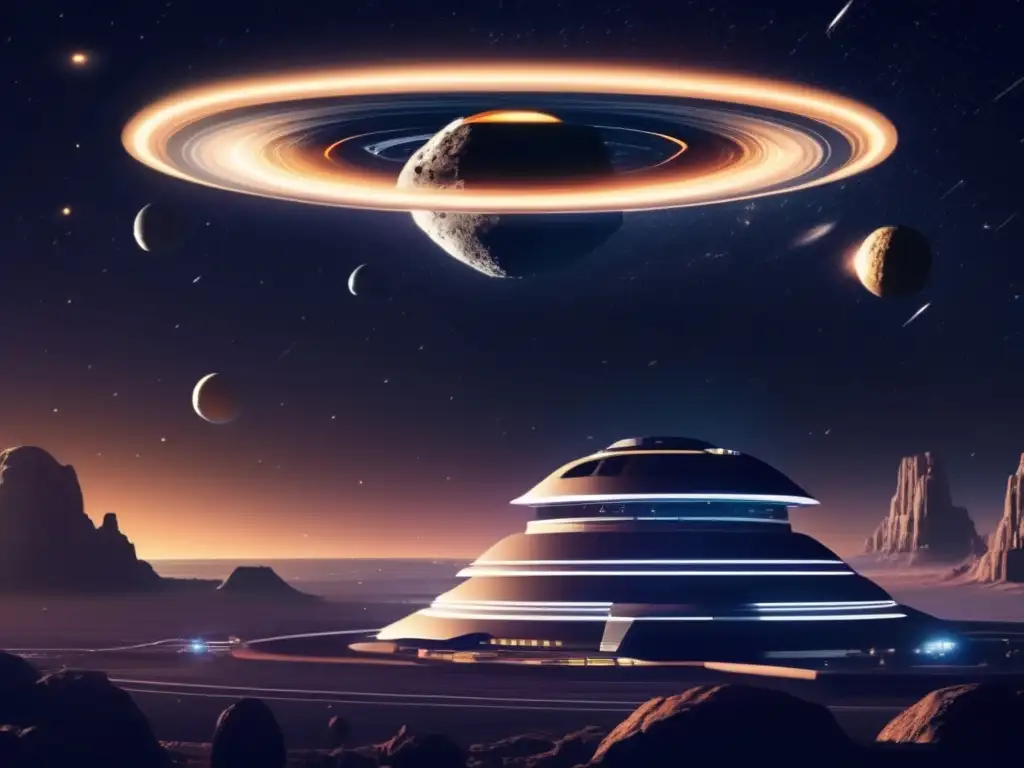
For further reading on space law and asteroid mining, please visit the following resources:
- United Nations Office for Outer Space Affairs - Treaties and Principles on Outer Space
- NASA - What Are the Rules for Mining Outer Space?
- SpaceNews - The Lawfulness of Asteroid Mining under International Space Law
 Space Mining And International Law: The Case Of Asteroids
Space Mining And International Law: The Case Of Asteroids Space Mining Policies: Navigating The Legal Landscape
Space Mining Policies: Navigating The Legal Landscape Spacecraft Design For Asteroid Mining Missions
Spacecraft Design For Asteroid Mining MissionsIf you want to discover more articles similar to Space Law And The Rights To Asteroid Resources, you can visit the Asteroid Mining and Resources category.
Leave a Reply

Articulos relacionados: